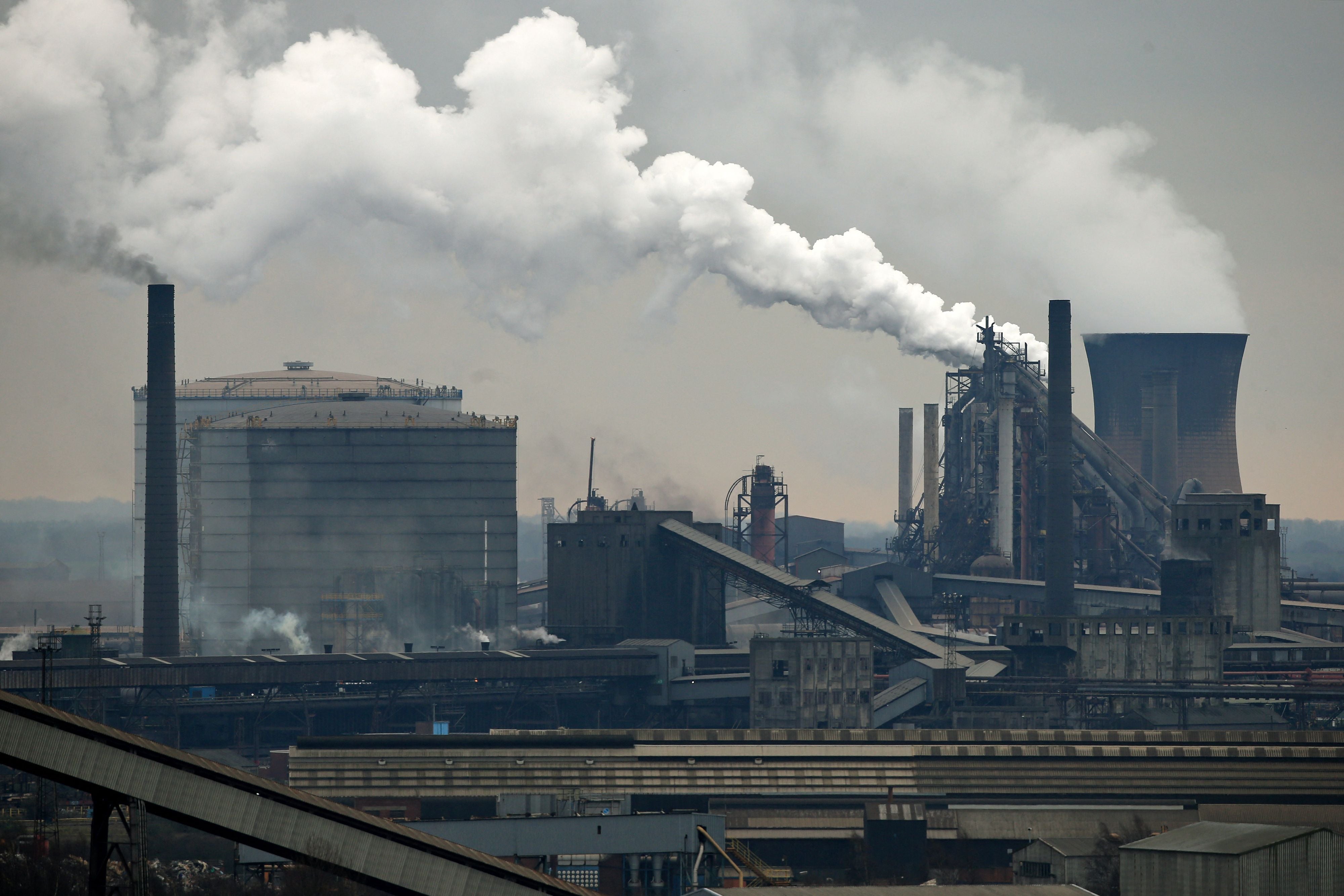Is Labour about to bring steel back under state ownership?
With the Scunthorpe steelworks losing around £700,000 a day, the government could be forced to step in to save the industry – but it would do so reluctantly, explains Sean O’Grady


Is the British steel industry about to be nationalised again? The chancellor, Rachel Reeves, who’d have to find the money to make such a deal, has pointedly said that “all options are on the table”, not ruling out state control as a possible solution. However, this Labour government has shown a marked reluctance to extend public ownership even to sectors where there are natural monopolies and such a step would be wildly popular – such as water and rail. According to Lisa Nandy, the latest cabinet minister to comment on the steel crisis, a “commercial solution” for British Steel is “within reach”. It will be a test of the government in more ways than one…
What’s the background?
The Scunthorpe steelworks are now owned by the Chinese group Jingye, and trading as British Steel. They contain the last remaining blast furnaces in the UK, and thus the only means by which the country can make “virgin steel” as opposed to the recycled product made at Port Talbot (owned by Tata, an Indian conglomerate). The Port Talbot works are supported by a government subsidy, which paid for an electric arc furnace, obviating the need to use coking coal – but the steel thus produced isn’t suitable for every purpose. The 25 per cent Trump tariff imposed on steel exports to the US adds to the challenges facing the UK industry. Some 2,700 jobs are at stake in Scunthorpe, and many more indirectly.
Why the rush?
Such is the dire financial state of affairs that iron ore and other raw materials are running short at Scunthorpe, and it will be difficult if not impossible to keep the two blast furnaces functioning. That could be in a matter of days. Jingye says the operation is no longer financially sustainable. The Chinese group said it has invested more than £1.2bn in Scunthorpe, but is suffering losses of up to £700,000 a day (by coincidence the kind of losses the old nationalised British Steel Corporation was suffering at a previous nadir in about 1980).
Is nationalisation inevitable?
It feels that way, at least for Scunthorpe, because of the constant need for public subsidy – the taxpayer is funding operations but without any direct control through an equity holding. Even so, every possible option would need to be exhausted before the government took responsibility for running an industry normally better suited to the private sector. It is being resisted, which is a little ironic given that opposition parties are all in favour…
Who wants to nationalise British Steel?
Not the Labour government if they can help it, because there’s no money for it, and because they’ve got a phobia born of the past association of the party with loss-making enterprises – “socialism” at its worst. Ironically, Reform UK, a bunch of post-Thatcherite rightists want it taken over on patriotic “strategic” grounds just in case there’s a war with Russia (double irony for Nigel Farage there). The Liberal Democrats, not historically eager for state control of industry, now quite like the idea. Both Ed Davey and Farage are, it must be said, not averse to a bit of populism. For her part Kemi Badenoch, the Conservative leader, seems determined to pretend that some private sector solution can be found, even if that’s obviously no longer true, so she will always oppose nationalisation.
Is state ownership of steel a good idea?
It could be. In principle, the huge programme of investment in infrastructure, housing and defence in the coming years could rescue the British steel industry. Government procurement would guarantee against losses, and the defence argument for self-sufficiency is also in play.
Was steel nationalised before?
Yes, twice. The Attlee government took public control of this key strategic concern, one of the “commanding heights” of the economy in 1951. The subsequent Conservative government reversed that in 1953, only for Labour to return to power and take it back into state control in 1967 as the British Steel Corporation. There is stayed until it was privatised in 1988, smaller, restructured and profitable. No other industry has faced quite so many changes of fortune...

Join our commenting forum
Join thought-provoking conversations, follow other Independent readers and see their replies
Comments